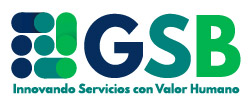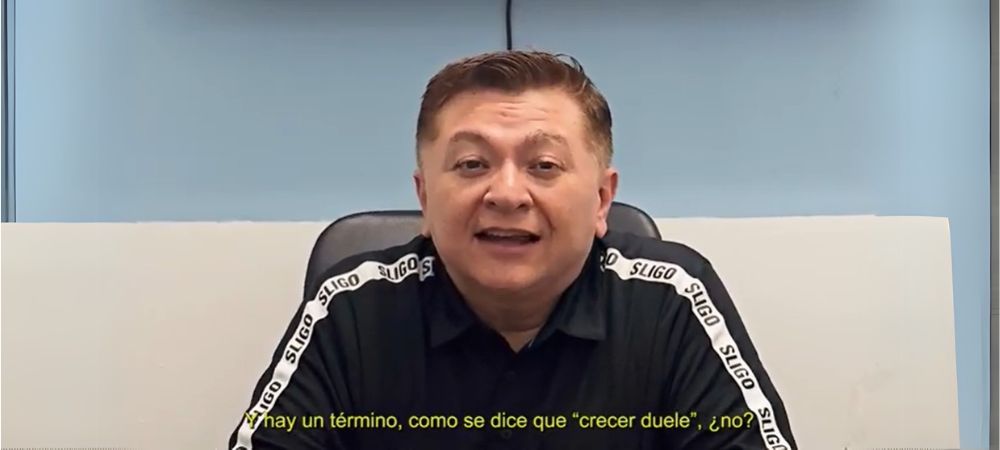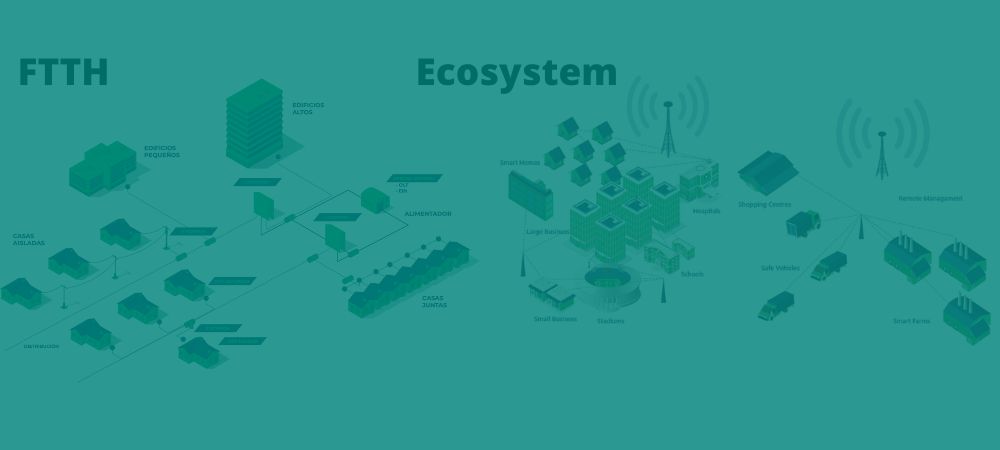 Today in Agile Conversations I will answer two of the questions about the agile coach:
Today in Agile Conversations I will answer two of the questions about the agile coach:
1.What exactly does an agile coach do?
Recall that an agile coach is an expert agile consultant with the skills to observe and listen to people’s needs, and with training, facilitation and coaching strategies to help them along the path to an agile organization. I am going to describe a typical day in the life of an agile coach:
8 am. He plans his workday, reviews strategies and designs, performs tests, prepares materials and gets ready to start a productive day.
8:30 am. Observe the daily life of a Scrum team, how they listen to each other, what they focus their interactions on and how long it lasts. He will then talk to the Scrum Master and give him feedback so that he can incorporate corrective actions if necessary.
10 am. Deliver a workshop on Scrum to a team that will start working with this framework. He uses dynamics and exercises that actively involve the participants to stimulate their curiosity, since he knows that it is on a day-to-day basis, applying the elements of the framework, that they will really learn it.
2 pm. Prepare the retrospective session that you will facilitate the next day, it should serve as a model for the Scrum Master who is learning to moderate this type of event. He designs the dynamics, sets up the tools, establishes the time-box for each item on the meeting agenda, and ensures that the feedback ends with prioritized improvement actions and a person responsible for carrying them out.
3 pm. Conduct a coaching session with the Product Owner of one of the teams, listen to their doubts and concerns, review together how to improve some of their roles in the team and discuss how to promote relationships and agreements with stakeholders that favor the fulfillment of the Sprint objectives.
4 pm. Researches and studies measurement and evaluation mechanisms to validate routes, make adjustments and facilitate the generation of continuous improvement actions.
5 pm. He reviews the day, reflects on the successes and dysfunctions observed, consults with his practice partners and designs intervention strategies to help achieve the objectives.
2. What is the most difficult and challenging thing for an Agile Coach?
Interesting question, the agile coach is a change agent, so he faces people’s resistances and fears.
He knows that some chaos and imbalance is normal to achieve results.
He knows that making mistakes is part of the change process and agile transformation.
It will also be necessary to face the conflict and impediments that arise in the relationships with the different entities of the organization that participate in the value chain.
Additionally, you must admit that you will not have all the answers, but that you will know where to get help and research to go with the best approaches to the situations that arise.
And very importantly, you will need to have patience, enthusiasm and perseverance, as well as self-control and humility.
María Esther Remedios
@soy.agile.coach




